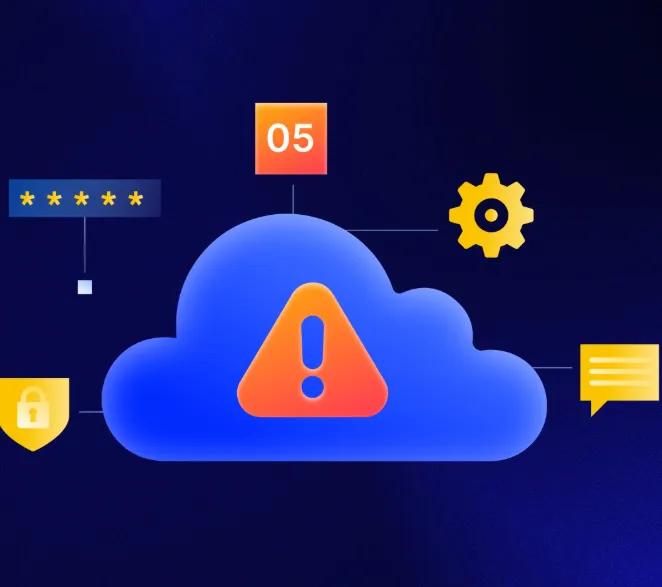Cloud computing has revolutionized the way businesses handle data, offering flexibility, cost-effectiveness, and convenience. However, despite its many advantages, there are some significant security risks associated with the technology. As cloud adoption continues to grow, it’s important for businesses to understand the top concerns related to cloud security and take appropriate measures to protect their data.
1. Data Breaches
One of the most pressing concerns with cloud computing is the risk of data breaches. According to a study, nearly half of IT professionals believe that the cloud is not as secure as it is often portrayed. Cloud services store vast amounts of sensitive data, making them prime targets for cybercriminals. While cloud providers implement security measures, the responsibility for securing data ultimately falls on the organization itself. Businesses must adopt strong data protection strategies, including encryption and regular security audits, to safeguard their information.
2. Account Hijacking
Another major security threat in cloud computing is account hijacking. In this scenario, hackers use stolen login credentials to access a business’s cloud account and sensitive data remotely. Weak passwords, reused login credentials, and software bugs can create vulnerabilities that cybercriminals can exploit. To mitigate this risk, businesses should implement multi-factor authentication and regularly update passwords to ensure that accounts are secure.
3. Insider Threats
Not all security risks come from external sources. Insider threats are a significant concern in cloud environments, as employees with authorized access to cloud-based accounts may misuse their credentials to steal sensitive data. To prevent this, businesses should restrict access to critical information and monitor employee activities regularly. It’s also important to implement strict access controls and ensure that only trusted and reliable employees have access to sensitive data.
4. Permanent Data Loss
In addition to the threat of hackers, cloud computing is also vulnerable to data loss due to natural disasters, hardware failures, or cyberattacks. In some cases, cybercriminals may delete data entirely, leaving businesses with irrecoverable losses. Cloud data centers are susceptible to these risks, so businesses should ensure that they have robust backup systems in place. Regular data backups and off-site storage options can help recover critical information in case of a disaster.
Conclusion
While cloud computing offers many benefits, it is essential to be aware of the security risks that come with it. Data breaches, account hijacking, insider threats, and permanent data loss are some of the most significant concerns businesses should address. By implementing security best practices such as data encryption, strong password management, restricted access, and regular backups, organizations can minimize the risks and maximize the advantages of cloud computing. With the right precautions, cloud computing can be a secure and valuable tool for businesses of all sizes.
